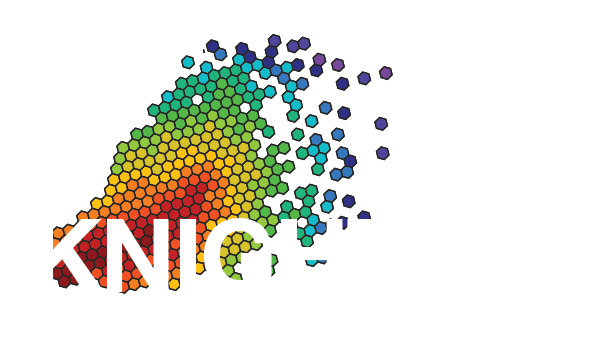The Institute of Biological Chemistry (IBC), Academia Sinica, National Taiwan University Hospital (NTUH), and BIOTOOLS hosted the 7th annual Asia Microbiome Conference (AMC) on January 7th, 2023, at Academia Sinica, Taiwan. With over 400 hundred domestic and foreign microbiome experts participating in this grand event, it fully demonstrates Taiwan’s rich microbiology research capabilities. Also, it shows the international trend of attaching importance to microorganisms as biological therapeutic products or cross-species microbial diversity research.

Professor Knight’s Microbiome Research with Big Data
Professor Rob Knight from the University of California San Diego (UCSD) gave the Keynote speech, “Scaling microbiome studies to address global problems.” As a co-founder of multiple significant microbiome research programs, including the Earth Microbiome Project and American Gut Project, Professor Knight first elaborated on the relationship between the microbiome and human health. Even though more than 99% of human genes are from microbiomes, the importance of microbiomes is often neglected. To increase the speed of analyzing microbiome data, professor Knight’s lab has successfully developed Qiita, allowing researchers to perform microbiome multi-omics comparisons, accelerating the accumulation of microbiome data.

Professor Knight also shared the lab’s effort to analyze genomics in wastewater on the UCSD campus during the COVID-19 pandemic. Not only could they detect at least 85% of COVID-19 cases, but they could also discover the COVID-19 virus variants beforehand, allowing the surrounding society to control the pandemic better.
With the explosive growth of total genome data (also known as metagenomics) from the natural environment, professor Knight joined the Greengene research project to improve sequencing accuracy. With full-length 16S rRNA sequencing and shotgun metagenomic Taxonomic, they can establish a more accurate classification standard for microbiomes.
In addition, professor Knight pointed out that, so far, advanced countries dominate the majority of microbiome research. Therefore, breaking the geographical limitations of microbiome research is necessary to expand the scope of genetic databases and applications.




